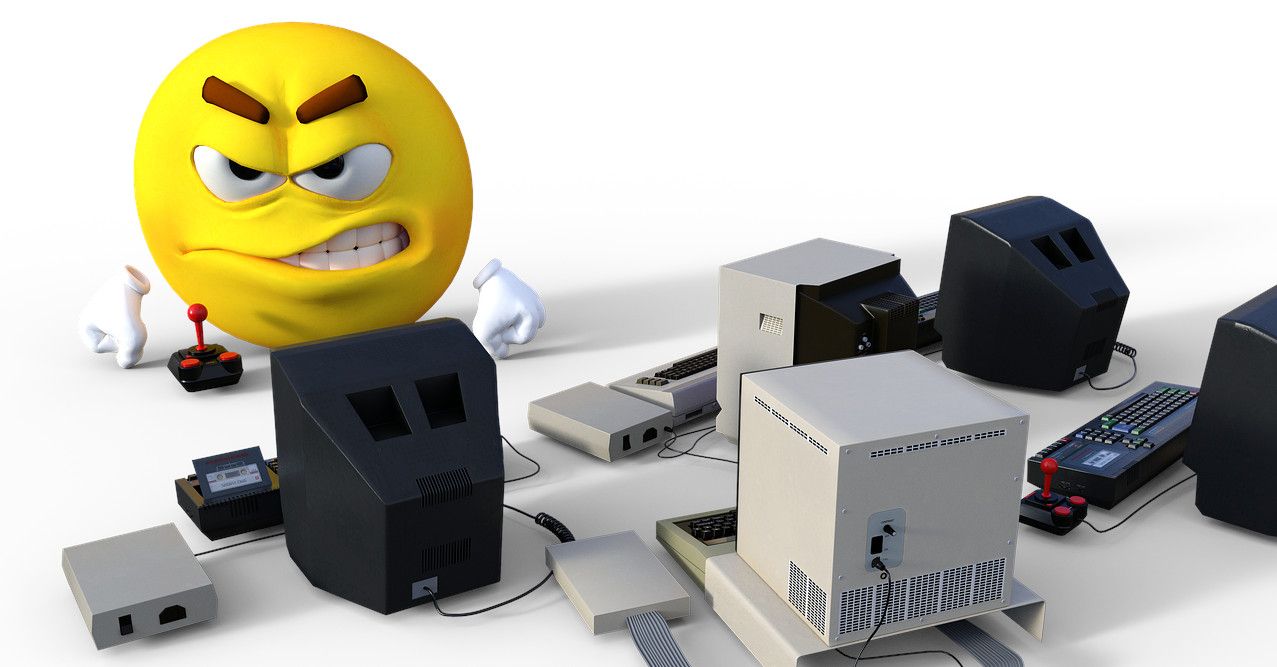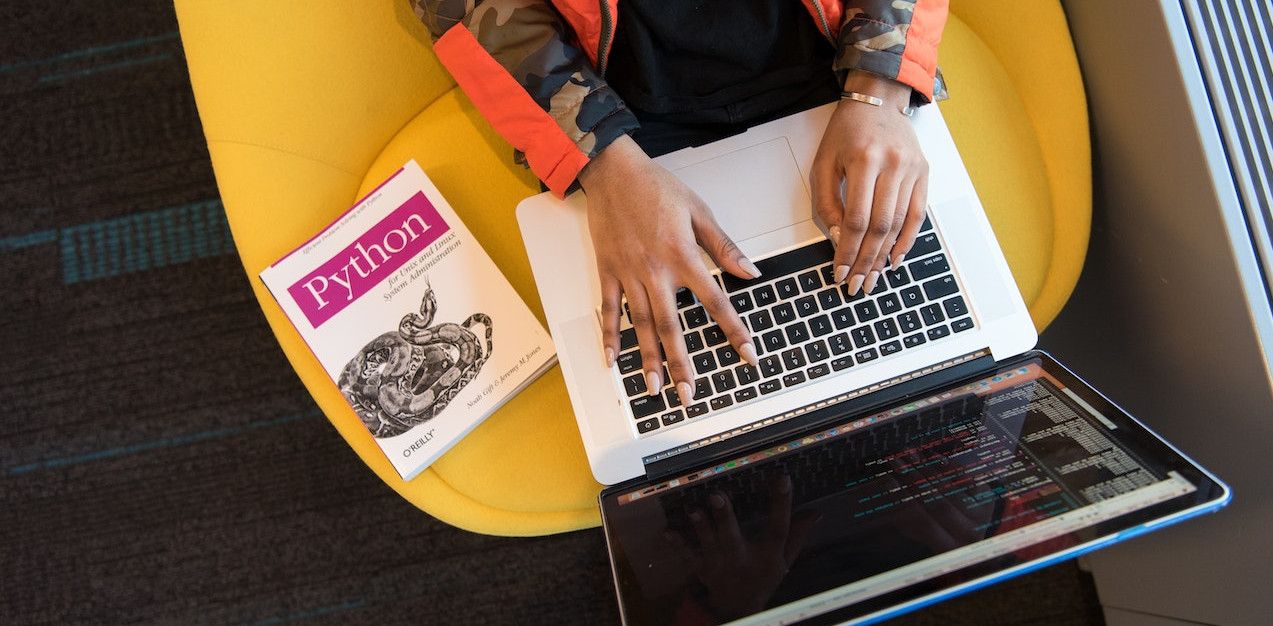Programming is hard, but that doesn’t mean it’s too difficult for you to learn it!
The tech world is fast-paced and competitive. New programming languages are quickly replacing others that were once popular. Programmers have to keep learning about new technologies to stay relevant.
However, many of the tips shared about how to learn programming focus on the technology itself. While valuable, these tips often ignore the value of learning techniques. Find out what you can do to quickly rewire your brain and learn a new programming language.
What Is Retrieval Practice?
Retrieval practice is the act of recalling information from memory. It's the opposite of cramming, encouraging a student to retrieve their knowledge of a subject.
Retrieval occurs when the student is no longer learning. That is not taking notes, not rereading, or reviewing information. It occurs when the student is resting, trying to remember what they learned.
Programmers can apply this technique in their learning experience. Once you learn a concept, try to recall the idea when you are doing other things. This practice moves the information from temporary working memory to long-term memory.
In her book Learning How to Learn, Engineering Professor Barbara Oakley recommends retrieval practice. She suggests that it opens up the diffuse mode of the brain. It helps to permanently store the information you learned that day.
Can Spaced Repetition Help?
Spaced repetition is a form of retrieval practice. The only difference is that you use aids such as flashcards, short notes, and others to memorize what you learned. It’s a case of reminding yourself through repetition.
This boosts your understanding by reminding the brain what's important to process. According to Barbara Oakley, if you apply spaced repetition to a language, it helps rewire brain neurons to focus on a concept. Therefore, you get to understand and learn a language faster.
How to Manage Working Memory
Working memory capacity differs from one person to another. Working memory is the part of the brain that is active when you are learning.
According to Engineering Professor Barbara Oakley, some people have larger working memories. These types of people can absorb a lot of information at once. Others have small working memories that understand small chunks of information.
The size of your working memory determines how quickly you learn. Programmers should know the capacity of their working memories. It determines how to space your learning schedule.
A learner with small memory capacities should break down their learning schedule. You should divide your learning across several short sessions. According to Barbara Oakley, this is the best way to learn. Such learners take their time and learn deeply.
Large-capacity learners, on the other hand, can study for long periods. They take in a lot of information quickly and are fast learners. Knowing your learning style avoids frustrations in trying to keep up with others. Instead, you can focus on your learning capacity.
Anxiety Management Is Important
Anxiety is part of the problem-solving process in programming. The more a programmer faces errors and bugs, the more anxious they become.
According to Zach Caceres, anxiety management is knowing when to take a break. Spending hours on a concept you do not understand will not help you to understand it better. It will only frustrate you.
However, taking a break helps your brain stimulate your cognitive fixation. This is a process of the brain shifting from focussed to diffuse mode. This opens your mind to process and sort out the problem.
Breaking down a coding error or subject into small portions, then solving it step by step. This is more effective in tackling a big issue than figuring it out.
Make Sure You Avoid Distractions
As a programmer or someone learning to program, you spend most of your time in the digital realm. It can be hard for a programmer to avoid digital distractions. This is because your working station is also an entertainment center.
Environmental distractions are easy to control, and digital ones are more complex. Usually, a programmer will have several applications open, often with many tabs in each. Notifications from social media, text messages, and emails can reduce your learning capacity.
Barbara Oakley advises programmers can overcome this challenge using the Pomodoro technique.
The technique minimizes distractions by training users to practice spaced learning. The learner scheduled 25-minute intervals with short breaks.
During the intervals, the learner switches off possible distracters. They focus on a single task or concept during that time. Later, the learner can reward themselves with a leisure activity.
Practice Active Learning
Learners get more out of a subject when they practice active learning. This is a combination of lectures and practice. Active learning combines the declarative and procedural parts of the brain. These two determine how to store and use information.
As a programmer, you can benefit from active learning. First, get instructions from watching and reading tutorials. Later, practice on your own. You can also follow the tutorial and practice at the same time.
Invest in Procedural Fluency
The best way to learn a language is to conversant with its workings. This includes language syntax, tools, and procedures involved in using the language.
Seasoned software developer, Zach Caceres, advises programmers to invest in procedural learning. This involves learning aspects of a programming language and related techniques. These include the right code editors, improving typing speed, and commands.
Learning how to debug, managing dependencies, and using the best frameworks makes learning a language easier. Having simple skills like knowing shortcuts help to perform tasks faster. These techniques all add up and help make you a more efficient programmer.
Retrain Your Brain to Learn Programming Faster
There are many tools and techniques that can help you learn to program. However, the best secrets lie in the brain. A programmer's cognitive skills determine how they learn a programming language.
Learning by structuring your schedule according to your abilities is vital. You can rewire your brain by training your cognitive skills. Doing so will help you become a more efficient programmer.






